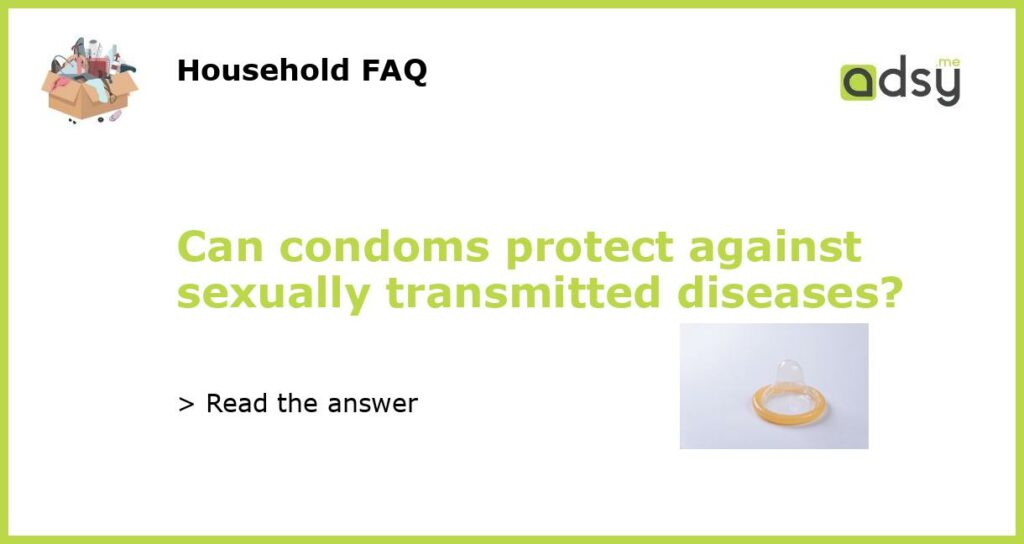How Condoms Work to Prevent STDs
Condoms are an effective way to protect against sexually transmitted diseases (STDs) when used correctly and consistently. The barrier created by the condom prevents direct skin-to-skin contact between sexual partners, reducing the risk of transmission of STDs. Additionally, condoms can help prevent the exchange of bodily fluids, like semen and vaginal secretions, which can also spread STDs. However, it’s important to note that condoms don’t provide 100% protection against all STDs, as some, like herpes and human papillomavirus (HPV), can be transmitted even with condom use.
Types of Condoms Available
There are many different types of condoms available, including latex, polyurethane, and polyisoprene. Latex condoms are the most widely available and are highly effective at preventing STDs. Polyurethane and polyisoprene condoms are non-latex alternatives that some people may prefer if they have a latex allergy or sensitivity. Lambskin condoms are also available, but they don’t protect against STDs and are not recommended for use as a primary form of protection.
Tips for Proper Condom Use
In order for condoms to be effective at preventing STDs, they must be used properly and consistently. It’s important to use a new condom every time you have sex, and to apply it before any genital contact occurs. Be sure to use plenty of water-based or silicone-based lubricant, as this can help prevent the condom from tearing. It’s also important to store condoms in a cool, dry place away from direct sunlight or heat, as exposure to these elements can weaken the condom.
Additional Protection Against STDs
While condoms are an effective form of protection against STDs, they are not foolproof. Using additional forms of protection, such as dental dams or female condoms, can further reduce the risk of STD transmission. Additionally, getting tested for STDs regularly and discussing your sexual history with your partners can also help prevent transmission of these infections.
Condoms are a highly effective way to protect against sexually transmitted diseases when used correctly and consistently. They create a barrier between sexual partners that can help prevent the transmission of bodily fluids and reduce the risk of direct skin-to-skin contact. While condoms provide an important form of protection, it’s also important to use additional forms of protection and to get tested regularly for STDs to protect your sexual health.






